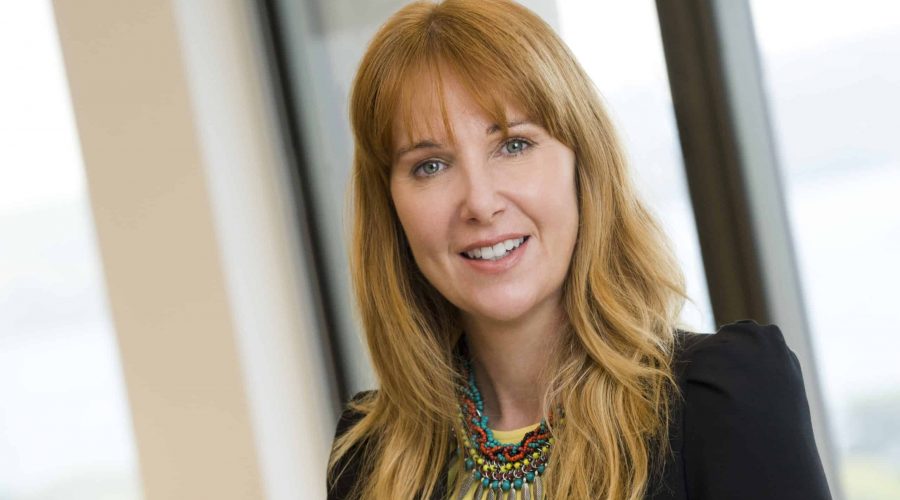Women are more financially vulnerable than men. Closing the gender gaps in pay and superannuation, as well as saving for a rainy day, are critical issues for our society as a whole, particularly in light of this year’s theme for International Women’s Day, Generation Equality.
Women continue to lag their male counterparts financially, and worry more about money, despite the recent attention being given at government, corporate and community levels to the importance of closing the pay and super gap between men and women.
This is an issue not just for the current generation of women, but for their daughters and grand-daughters as well.
In a recent Fidelity International survey looking at the value of financial advice, over a third of women indicated they were financially vulnerable and said they would struggle to cope if they lost their job unexpectedly.
The survey found that 34.5 percent of women said they could only manage for up to a month if they were suddenly unemployed or unable to work, compared to 23.8 percent of men.
The fact that a significant proportion of women worry about their financial security and whether they could manage if they suddenly lost their livelihood is very concerning, for more than just financial reasons.
Financial stress has many different knock-on effects – it impacts physical health as well as mental health, and personal relationships.
For example, over half (57.7 percent) of the we women surveyed said that financial issues have adversely affected their mental health, while 50.2 percent say they have adversely affected their relationships with family and friends.
Achieving more financial security doesn’t necessarily mean earning more money. The near-term priority is to help women understand their financial position and what steps they need to take to feel more confident.
This applies to their situation today and into the future. While the research showed that women and men are equally likely to worry about their retirement – 38.7 percent of women said they don’t feel particularly prepared, while 34.1 percent of men felt the same way – there was a stark difference in those they don’t feel prepared at all.
In all, 32.4 percent of women feel this way compared to 19.7 percent of men. Overall, just 28.8 percent of women feel very or reasonably prepared for retirement, compared to 46.2 percent of men.
As well, 60.1 percent of women believe they may have to keep working past retirement age to fund their retirement, compared to 50.1 percent of men, and 47.9 percent say that preparing for retirement compounds their financial worries and stressors, compared to 38 percent of men.
Unfortunately, these concerns are very valid for women. With women still earning less than men, on average, for the same jobs, as well as being more likely to take time out of the workforce to raise a family, superannuation balances for women are significantly smaller. Considering the life expectancy for women is longer than for men, this is a serious issue.
If women continue to earn less, to feel financially insecure, and to struggle financially in their retirement years, then true equality is still a long way away.













